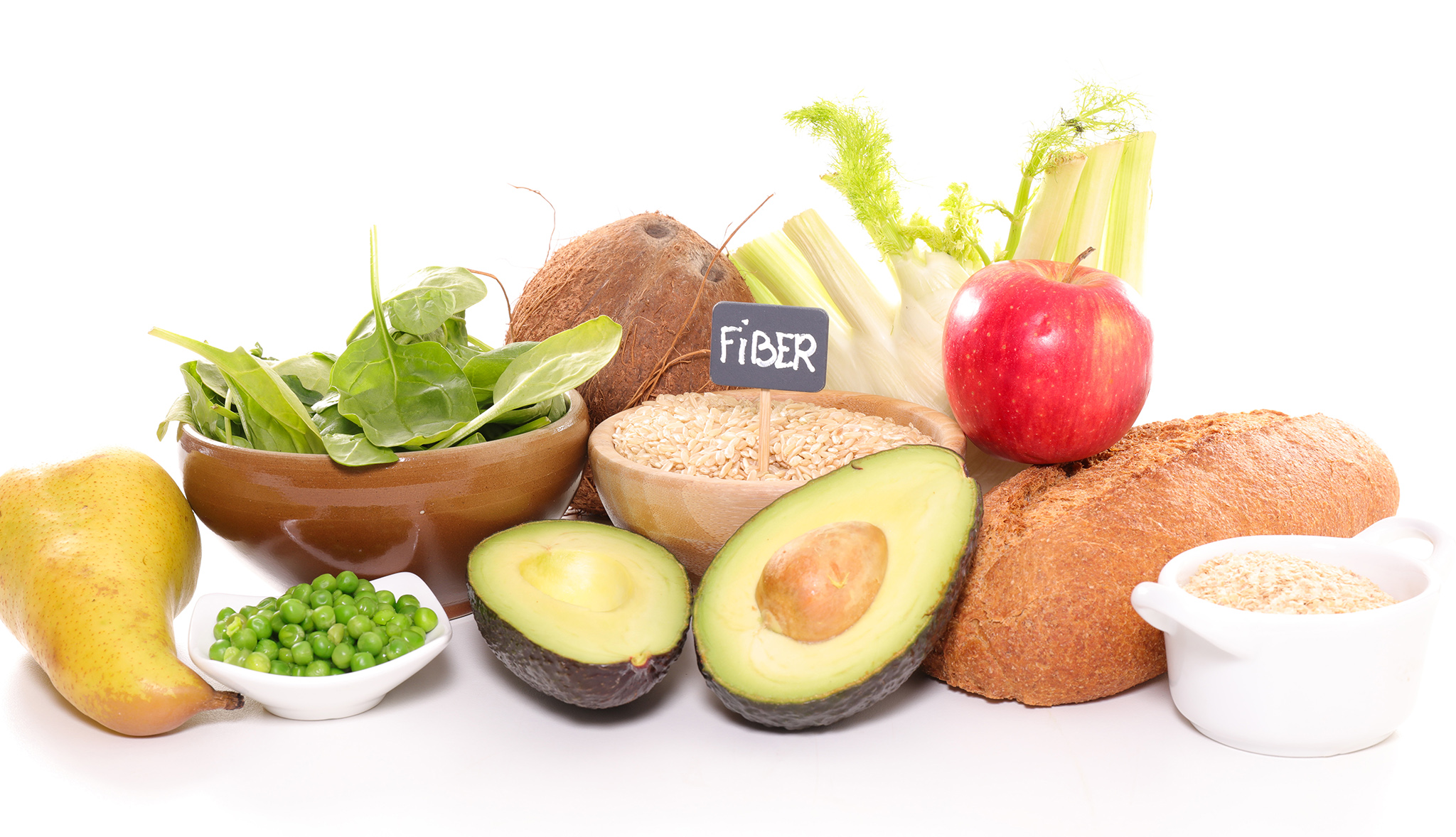
Health and Wellness
The Essential Goodness of Vitamins and Minerals
- March 19, 2021
- By Staff Writer
Whether you’re age 3 or 103, vitamins and minerals are important because our bodies need them for their normal processes. That’s because all kinds of different things happen in our bodies that require nutrients from various sources in order to make those processes happen. Dr. Stacy Holl, an Internal Medicine physician at Grand Itasca, explains why vitamins and minerals are so essential to good health.
“We're able to make some of these nutrients in our own bodies, but we have to get some of them from outside sources such as foods or supplements,” Dr. Holl states. “Then we can use them in the same processes in our body.”
“We're able to make some of these nutrients in our own bodies, but we have to get some of them from outside sources such as foods or supplements,” Dr. Holl states. “Then we can use them in the same processes in our body.”
Who Needs a Nutrient Boost?
As women age, they tend to lose bone density and some of the nutrients that they need such as calcium and Vitamin D. Additionally magnesium and phosphorus play important roles in bone density and bone health.
Younger women who are having regular menstrual periods typically need to supplement with iron. That can be done with diet, but sometimes requires a supplement. In addition, pregnant women tend to need additional supplementation, particularly with folic acid.
There are other factors that determine whether someone would benefit from supplements. Much depends on age and absorption ability—and of course that can affect both men and women.
Younger women who are having regular menstrual periods typically need to supplement with iron. That can be done with diet, but sometimes requires a supplement. In addition, pregnant women tend to need additional supplementation, particularly with folic acid.
There are other factors that determine whether someone would benefit from supplements. Much depends on age and absorption ability—and of course that can affect both men and women.
Supplements and Safety
The safety of dietary supplements is variable and, generally, the supplement industry is not regulated. There is no one who can officially step in and say what is safe or this is not safe.
One way that you can verify whether your supplements are safe is to become familiar with some of the organizations that take a close look at these supplements. One of those is the U.S. Pharmacopoeia. It's labeled with USP—so if you've ever seen USP on a bottle of supplements or minerals, that means they have certified that the ingredients match what the label says it has, and ideally not other things. Another such organization is consumerlab.com, which functions as a Consumer Reports of sorts, but for supplements.
What does the doctor say? “My recommendation would be that if you're going to take supplements, verify through one of these organizations,” advises Dr. Holl. “A lot of them do say right on the bottle that they participate in these studies.”
One way that you can verify whether your supplements are safe is to become familiar with some of the organizations that take a close look at these supplements. One of those is the U.S. Pharmacopoeia. It's labeled with USP—so if you've ever seen USP on a bottle of supplements or minerals, that means they have certified that the ingredients match what the label says it has, and ideally not other things. Another such organization is consumerlab.com, which functions as a Consumer Reports of sorts, but for supplements.
What does the doctor say? “My recommendation would be that if you're going to take supplements, verify through one of these organizations,” advises Dr. Holl. “A lot of them do say right on the bottle that they participate in these studies.”
Dosing and Diet
Ensuring that you're getting the right amount of a vitamin or mineral supplement is difficult. There are some tests that your doctor can do, such as checking iron levels or checking Vitamin B12 levels.
Usually, people who eat a varied diet with fruits, vegetables, whole grains, dairy products and animal products will be getting enough vitamins and nutrients.
Foods that have the most vitamins and minerals in them tend to be healthy foods, such as:
Usually, people who eat a varied diet with fruits, vegetables, whole grains, dairy products and animal products will be getting enough vitamins and nutrients.
Foods that have the most vitamins and minerals in them tend to be healthy foods, such as:
- Fruits and vegetables, particularly those that are brighter in color
- Leafy green vegetables
- Foods that grow underground, such as carrots, rutabaga and potatoes, are rich in nutrients (particularly minerals) found in the soil
- Animal products including dairy products, eggs, and leaner meats and proteins like chicken and lean beef*
*Limiting red meat to about two servings -er week or less is recommended.
Who Should Take Supplements?
“Most people do not need to worry about taking supplements if they're getting a well-rounded diet,” says Dr. Holl, “but there are some people who I would recommend talking to a physician or provider about needing some additional supplementation.”
In general, many people in northern Minnesota tend to need Vitamin D, and maturing women tend to need some supplementation to maintain bone health. Otherwise, it's really an individual choice of whether to take supplements or not.
And, like other decisions that impact your health, having a conversation with your provider about it is highly recommended.
In general, many people in northern Minnesota tend to need Vitamin D, and maturing women tend to need some supplementation to maintain bone health. Otherwise, it's really an individual choice of whether to take supplements or not.
And, like other decisions that impact your health, having a conversation with your provider about it is highly recommended.